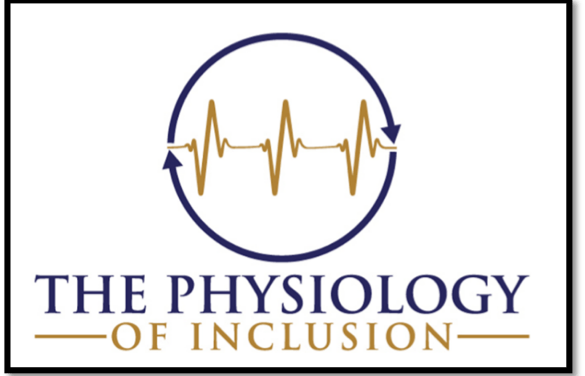Managing the Toll of DEI Work: What We’ve Learned: The Power of Community
As we culminate this series on managing the toll of DEI work, this conversation is just beginning. This series is more than a set of blog posts—it’s a movement. As our writers and readers showed us, managing the toll of DEI goes beyond our individual actions; it’s about cultivating a community of change-agents, being honest about and critical of the systems we work in, and revisiting the fundamental principles of our health and well-being that we often put on the back-burner.
Read More







![Managing the Toll of DEI Work: The [Diversity] Struggle is Real](https://theinclusionsolution.me/wp-content/uploads/2020/01/toll-of-DEI-work-intro-627x376.jpg)














